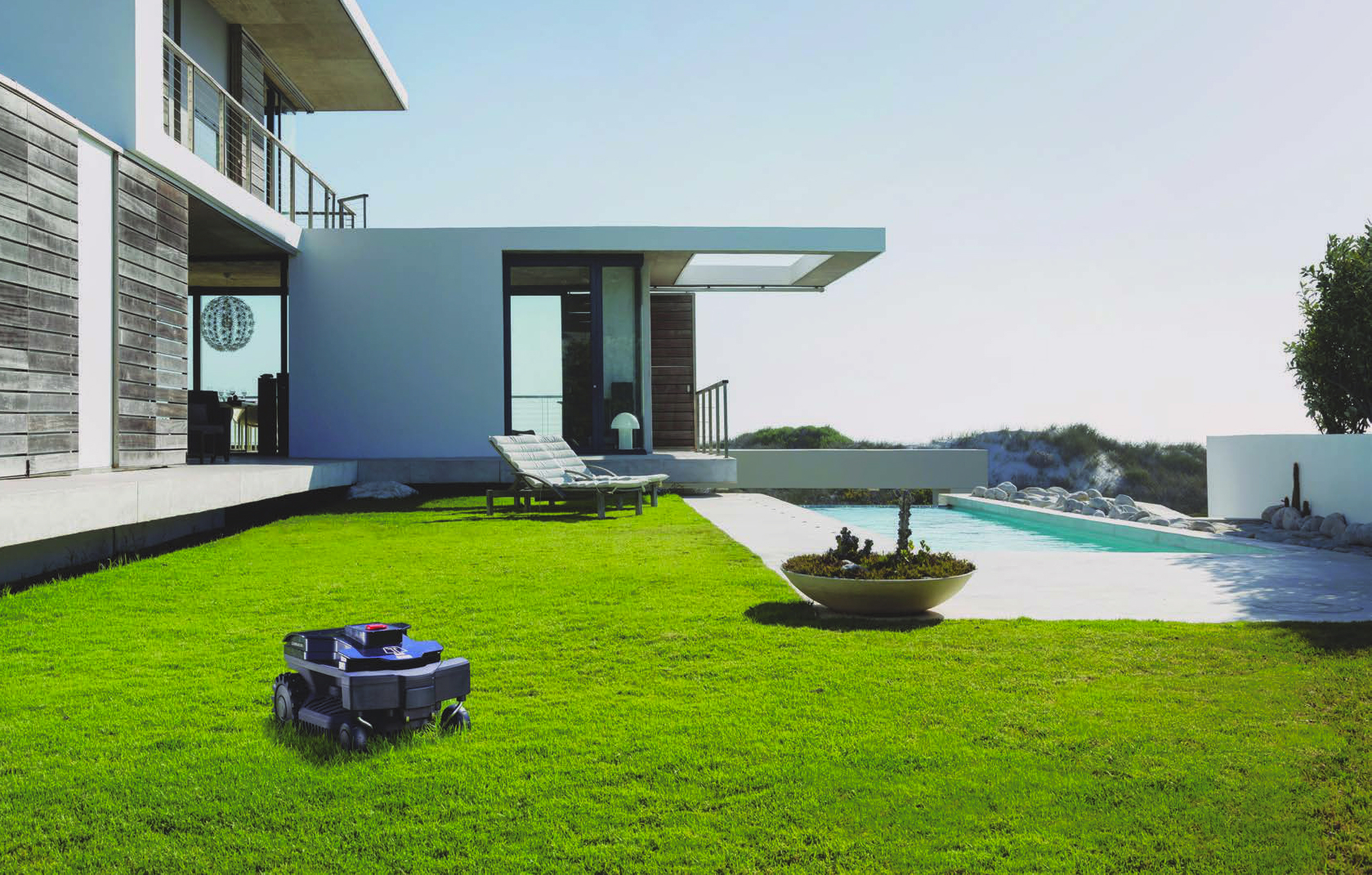
Eco-Friendly Landscaping Solutions for a Sustainable Garden Sep 19, 2025
Eco-friendly landscaping starts with selecting the right plants. Native plants are a fantastic option, as they are naturally adapted to the local climate, requiring less water and maintenance. They also support local wildlife, including bees and butterflies, which are essential for pollination. Consider incorporating drought-resistant plants in your garden, as these species can thrive with minimal watering, helping to conserve water.
Another critical aspect of sustainable gardening is efficient water management. One of the most effective strategies is installing a rainwater harvesting system. By collecting rainwater, you can reduce reliance on municipal water supplies and decrease your water bill. Another option is implementing a drip irrigation system, which delivers water directly to the roots of plants, minimizing evaporation and optimizing water usage.
Soil health is crucial for any garden, and using organic fertilizers is a key eco-friendly practice. Unlike synthetic fertilizers, organic options enrich the soil, improve its structure, and promote healthy plant growth without harmful chemicals. Composting is another excellent way to enhance soil health. By recycling kitchen scraps and yard waste, you create nutrient-rich compost that can nourish your garden and reduce waste sent to landfills.
Incorporating hardscaping elements into your eco-friendly landscape can also play a significant role in sustainability. Permeable pavers are an excellent choice, allowing water to pass through them and reduce runoff, which helps prevent erosion and groundwater contamination. Additionally, using recycled materials for pathways and garden borders minimizes waste and reduces the environmental footprint of your landscaping projects.
Biodiversity is an essential component of an eco-friendly garden. By designing meadows or mixed planting beds with various plant species, you encourage a diverse range of insects and birds to make your garden their home. Installing birdhouses and bee hotels can further support wildlife and increase the ecological value of your outdoor space.
Moreover, trees and shrubs are not only beautiful additions to any garden but also serve as an essential tool for sustainability. Strategic placement of trees can provide shade, reducing the need for air conditioning in the summer and lowering energy costs. Trees also help clean the air by absorbing carbon dioxide and releasing oxygen, contributing to a cleaner atmosphere.
Finally, consider reducing your lawn area. Traditional lawns often require significant amounts of water, fertilization, and mowing, all of which have negative environmental impacts. Instead, opt for ground cover plants or rock gardens, which are lower-maintenance and more sustainable.
In conclusion, eco-friendly landscaping is not only beneficial for the environment but can also be incredibly rewarding for homeowners. By selecting native plants, managing water resources wisely, and opting for organic and sustainable practices, you can create a garden that thrives naturally. CBA Landscaping is dedicated to assisting you every step of the way, ensuring your outdoor space is both stunning and sustainable. Remember, small changes can lead to significant impacts, and your garden can be a beautiful testament to the power of sustainable living.
/filters:no_upscale()/media/f07c606f-9500-4993-bcf2-622eb19cd59a.jpeg)
/filters:no_upscale()/filters:format(webp)/media/2800a183-2021-4d0d-a953-0f6a4e84e60d.jpeg)